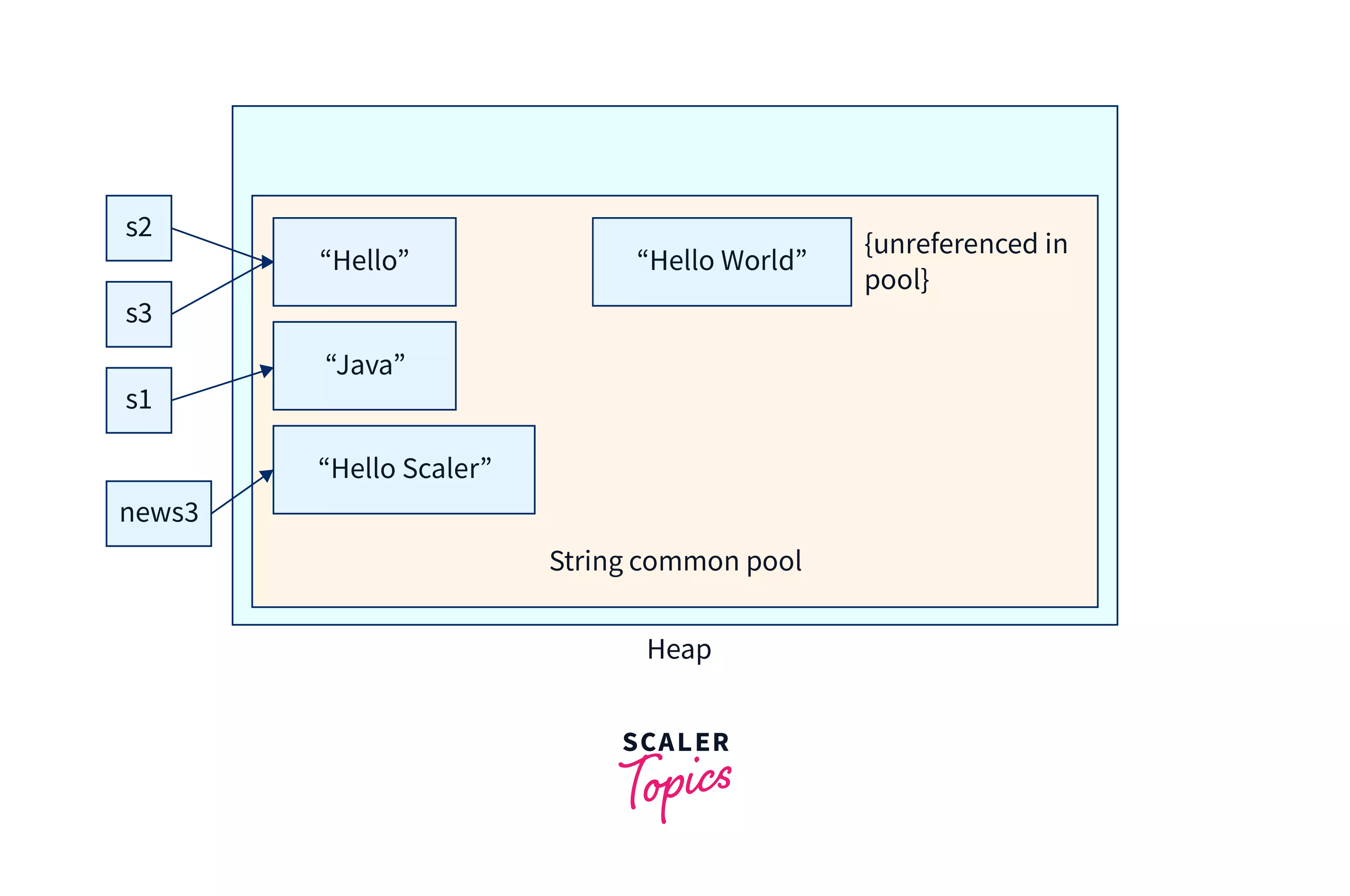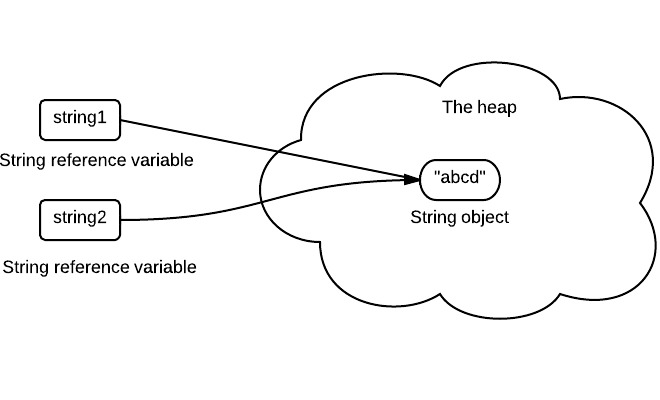Checking Out the Benefits of Immutable Strings in Modern Shows Paradigms
In the realm of contemporary programming paradigms, the principle of unalterable strings stands as a foundation of robust software application growth. The advantages they use surpass plain comfort; they essentially alter the means information is managed within applications. By adopting unalterable strings, developers can make sure enhanced data stability, improved thread security, streamlined debugging procedures, enhanced safety procedures, and efficient performance optimization. These benefits act as a testimony to the profound influence that embracing immutability can carry the reliability and performance of software application systems.
Improved Data Stability

By preventing the alteration of string items, immutability gets rid of the danger of unintended adjustments to the data they hold. This not only boosts the safety and security of the details but additionally boosts the dependability of the code that counts on these strings.
Immutability also supports much safer multithreading atmospheres, as concurrent access to unalterable strings does not pose the risk of data corruption via simultaneous adjustments. This residential or commercial property streamlines the process of managing strings in identical shows situations.
Essentially, immutability serves as a protective shield around the data saved within strings, improving their integrity by making certain that once specified, their worths continue to be unmodified throughout the program's implementation.

Boosted String Safety
Unalterable strings enhance the thread safety of programs by guaranteeing that as soon as a string item is developed, its value can not be modified. This residential property eliminates the risk of concurrent strings trying to modify the very same string simultaneously, which might cause information corruption or inconsistent states in the program - Why are strings immutable in Java?. In a multi-threaded environment, where multiple threads access and adjust data simultaneously, the immutability of strings gives a level of safety by guaranteeing that the data continues to be the same throughout its lifecycle
Streamlined Debugging Procedures
Given the boosted string safety and security helped with by immutable strings, a significant advantage emerges in the world of streamlined debugging procedures. Unalterable strings, as soon as produced, can not be changed, making it simpler to map the circulation of information and determine the source of pests in a program. This immutability guarantees that strings stay constant throughout the implementation of the program, minimizing the chance of unanticipated modifications that could cause mistakes.
When debugging with mutable strings, programmers frequently experience problems where a string's worth is customized inadvertently, making it testing to pinpoint the source of a bug. Nevertheless, with immutable strings, the data remains unchanged, permitting designers to concentrate on evaluating the real logic of the code instead than finding where and when a string was modified improperly.
Additionally, unalterable strings streamline the debugging procedure by enabling much easier recreation of pests. Considering that unalterable strings do not alter state, designers can recreate and examine insects a lot more efficiently, resulting in quicker identification and resolution of issues within the codebase. This streamlined debugging process inevitably adds to higher software high quality and boosted general development performance.

Raised Safety Measures
Enhancing information security and strengthening system honesty, the usage of unalterable strings in software application applications adds significantly to boosted protection actions. Immutable strings, once produced, can not be modified, providing a critical protection against destructive meddling or unauthorized accessibility. By guaranteeing that delicate data stored in strings remains unchanged throughout the program's site link implementation, the risk of information breaches or shot attacks is substantially lowered. Why are strings immutable in Java?. Unalterable strings additionally play an important function in stopping usual security vulnerabilities such as barrier overflows and SQL injection assaults, as efforts to manipulate string data at runtime are naturally limited.
Moreover, the immutability of strings improves the predictability of program actions, making it much easier to confirm inputs and protect against unforeseen adjustments that could jeopardize protection. This predictability streamlines the process of auditing and confirming code, enabling developers to identify prospective protection technicalities better. Generally, incorporating unalterable strings into software application growth practices not just improves the toughness and reliability of applications yet additionally strengthens their strength versus safety risks.
Reliable Performance Optimization
When dealing with mutable strings, procedures like concatenation or substring creation typically result in the production of brand-new string things, leading to memory overhead and boosted handling time. By allowing strings to remain constant and stable, unalterable strings promote better memory monitoring and caching chances, eventually boosting the total efficiency of the software application.
Given that immutable strings can not be modified when created, they can be shared across strings without the risk of unexpected modifications, lowering the need for synchronization mechanisms and enhancing concurrency. Immutable strings simplify debugging procedures as developers can trust that a string's value will continue to be consistent throughout the program's execution, getting rid of potential mistakes created by mutable state modifications.
Final Thought
To conclude, the benefits of using unalterable strings in contemporary shows paradigms can not be overstated. Enhanced data honesty, improved string safety and security, streamlined debugging processes, enhanced safety and security procedures, and efficient efficiency optimization all add to the overall effectiveness of shows jobs. By incorporating unalterable strings right into programming check my reference methods, programmers can profit from an extra robust and trusted codebase.
Immutability, a crucial attribute of strings in programs languages such as Java and Python, makes certain that once a string object is developed, it can not be changed or customized.Immutable strings improve the string safety and security of programs by guaranteeing that when a string item is produced, its value can not be changed. Immutable strings additionally play a crucial function in avoiding usual security directory susceptabilities such as barrier overflows and SQL injection assaults, as attempts to control string data at runtime are inherently restricted.
By permitting strings to continue to be unchangeable and continuous, immutable strings facilitate far better memory administration and caching opportunities, ultimately increasing the overall efficiency of the software.
Immutable strings streamline debugging processes as designers can trust that a string's value will continue to be constant throughout the program's implementation, eliminating potential errors created by mutable state adjustments.